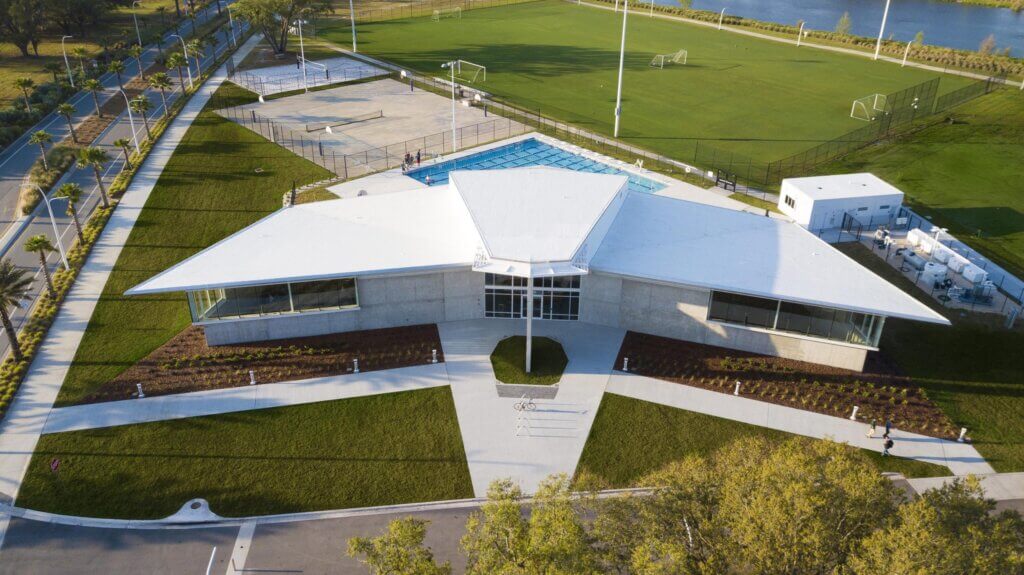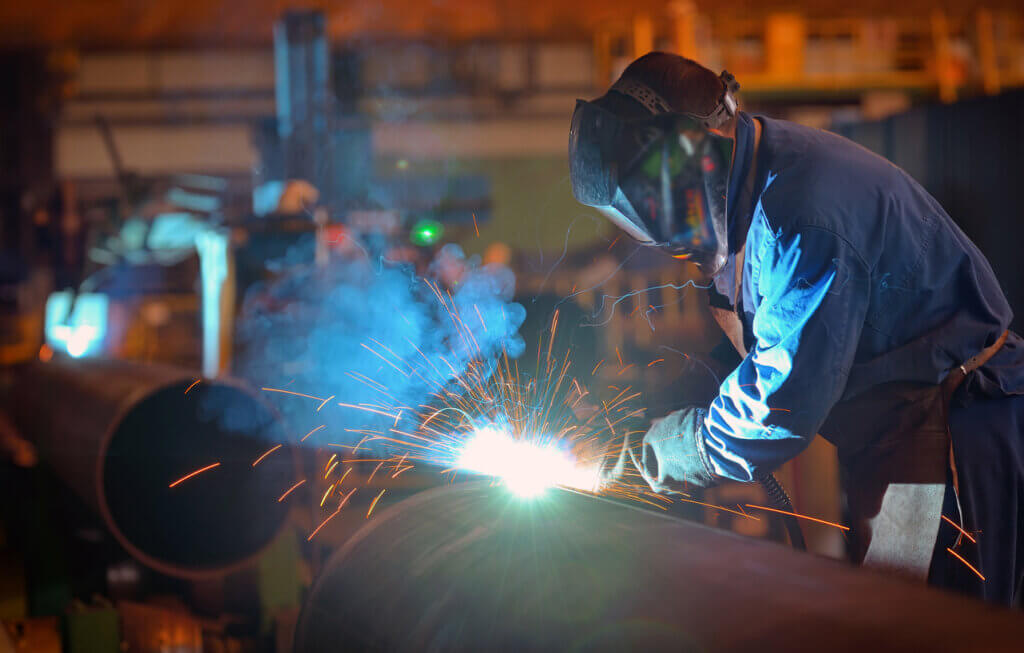Research Could Prevent Cyber Attacks in the Future
Forward-thinking research being tackled by a Florida Polytechnic University assistant professor could prevent cyber-attacks of the future.
Dr. Arman Sargolzaei, assistant professor of electrical engineering, is working with students at Florida Poly and a colleague at Florida International University to make cyber-physical systems (CPS), like autonomous vehicles and smart grids, more resilient against new types of cyber-attacks.
Sargolzaei, 30, was raised in Iran and got his master’s and Ph.D. in electrical engineering at FIU. He started in academia at Florida Poly in 2016 in the Department of Electrical Engineering. These days, Sargolzaei said, cutting-edge research can’t always be used in the real world, something Florida Poly is addressing. That should help him as he moves forward with his work in Florida Poly’s Advanced Mobility Institute, where autonomous vehicle technology is being developed and tested.
“Cyber-attacks in general are a big problem, but the focus is usually on cybersecurity, more on the software side of things,” Sargolzaei said. “But when it’s about the security of cyber-physical systems, we’re talking directly about people’s safety.”
Using a grant from Cyber Florida, Sargolzaei and his colleagues are thinking ahead to eliminate possible future attacks by defining weaknesses and designing stronger systems against different types of threats. He explained that previous research on two types of attacks led him to combine those to introduce a new type of attack.
One new attack is the Time Delay Switched (TDS), which consists of a hacker inserting a time delay into a networked control system. That could cause havoc for AVs, affecting controllers that receive information, sensor functions and the like.
“These attacks represent major safety issues in the future,” Sargolzaei said. “If your bank account is hacked, that causes serious financial problems. But if your autonomous vehicle is hacked, we could be talking about life-threatening consequences.”
He said this type of research can be applied to secure all cyber-physical and networked control systems.
“Hackers might use these new kinds of attacks in the future and we don’t want to wait for that to happen to then figure out what to do,” Sargolzaei said. “We need to be creative on how we can get ahead of them.”
Other Advanced Mobility Institute (AMI) Research
Sargolzaei is also supporting two other research groups at AMI:
- Autonomous Vehicles Scenario Testing Framework.
Right now, a solution for testing and verifying connected and autonomous vehicles (CAVs) — a critical element — is lacking, he said. “We at the AMI have taken major steps toward being the hub for scientific research of CAVs testing and verification by designing our unique Autonomous Vehicles Scenario Testing Framework and Model of Computation.” - Scenario generator based on actual AV accidents to test and verify AVs.
“To seed the test cases with realistic accident scenarios, AMI has done an extensive analysis of AV accidents,” he said. “The objective of this analysis was to build a flow that moves these scenarios and their derivatives into the virtual environment for further analysis and testing.” AMI collected accident data from a variety of sources to build a database that is being used to generate simulation scenarios automatically.
This research connects with his CPS work because some current “transportation systems use old protocols and prevention mechanisms that are not applicable for modern, complex cyber-physical systems,” he said. “A one-second delay in receiving an email might not be important, but that might cause a major accident or, in the case of a power system, might cause a major blackout.”
The Economic Outlook
Rahul Razdan, senior director of special projects at Florida Poly, said advanced research like that taking place at AMI helps Florida Poly’s reputation as a university devoted to STEM (science, technology, engineering and math) studies.
“Growing our reputation in AV is very important to Florida Poly,” Razdan said. “As our reputation grows, it is easier for us to attract talent, interact with fundraising sources, and engage with industry. In fact, we are already seeing this effect as both industry and government is approaching us.”
That in turn helps the Central Florida region in terms of growing its high-tech sector. “The way technical universities generate economic development starts with students, then transitions to research funds, and eventually to co-located industry,” he said.
He points to places like Carnegie Mellon University in Pittsburgh, which helped move the city from its industrial base to electronic design automation, artificial intelligence and robotics, and the city of Blacksburg, Va., home of Virginia Tech, which saw explosive growth in a recently.
“Our success in growing our reputation is taking us along this journey,” Razdan said.



